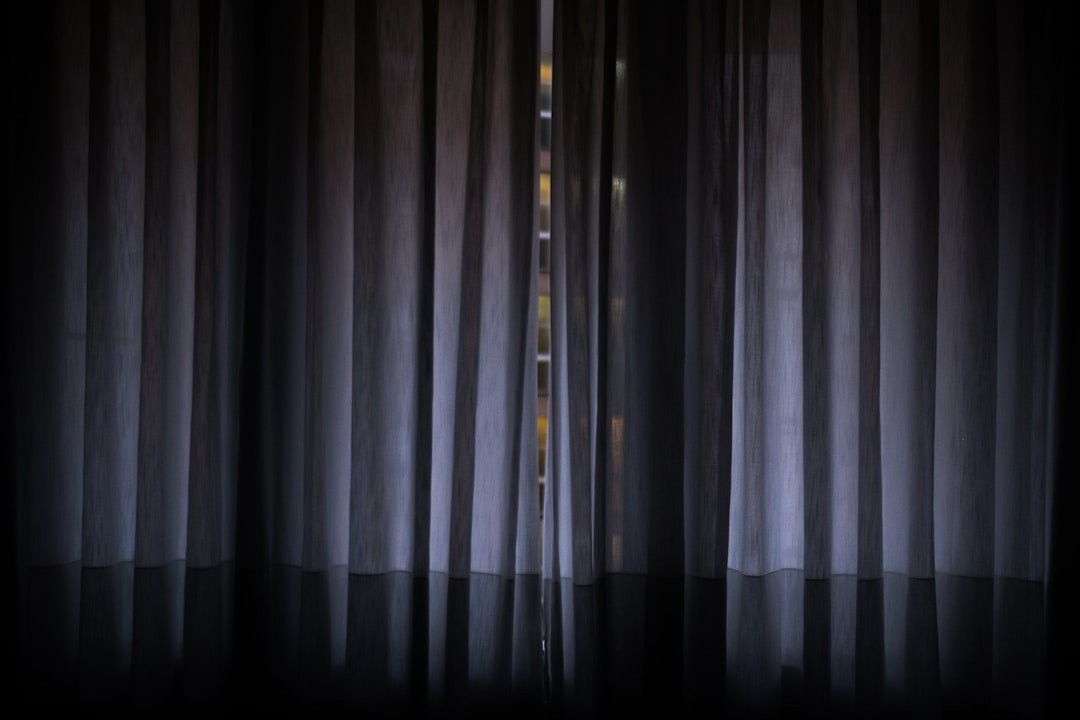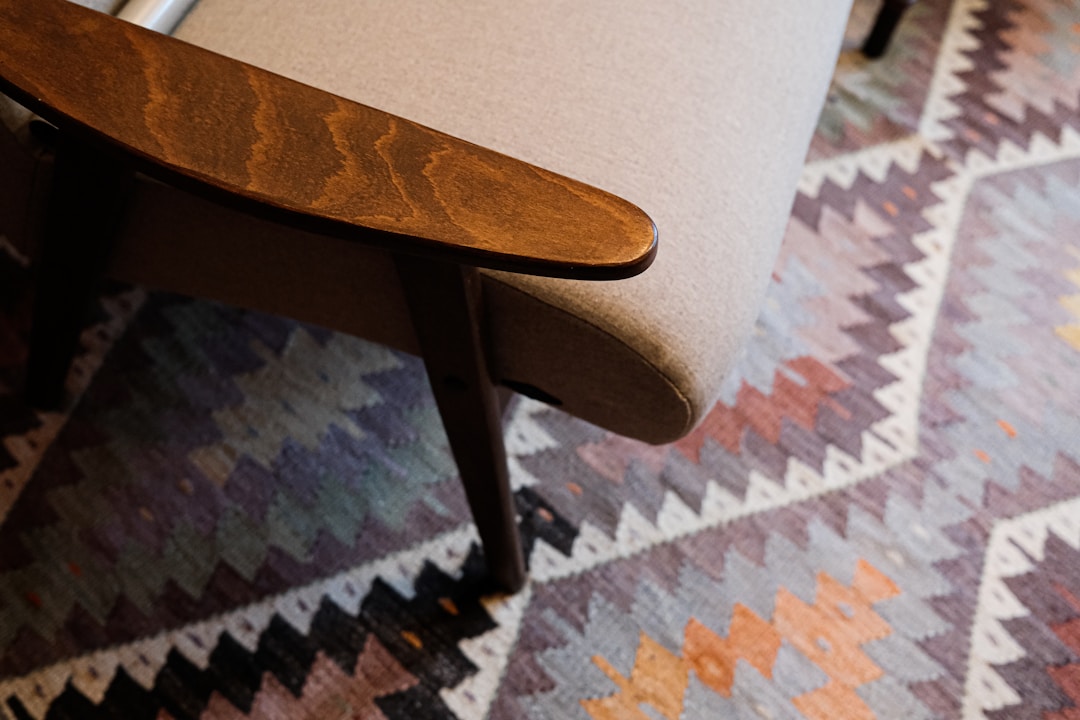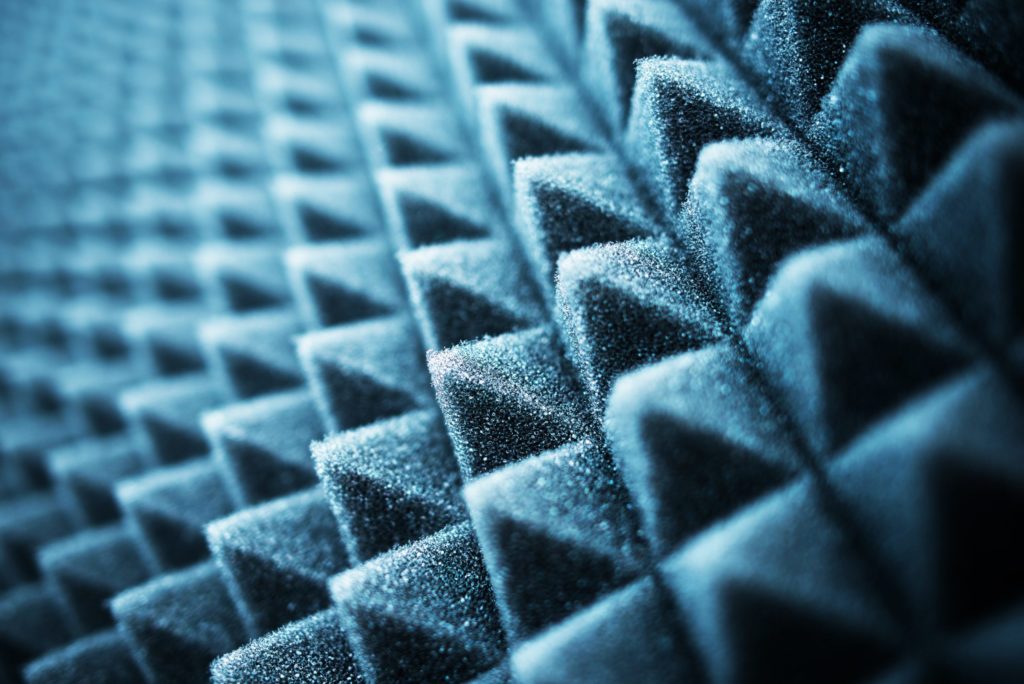Noises are undesirable sounds that can impair your ability to hear something you’re listening to or concentrate on a task. Animals, people, weather systems, and machines all produce noise.
In addition to being a distraction, noise can cause stress and exacerbate serious health issues, such as ulcers and high blood pressure. Managing your noise exposure not only enables you to focus on critical tasks, but it protects your mental and physical health. The COVID-19 pandemic has caused school closures and prompted more people to study online, and you may be wondering how to create an ideal study environment. Let’s look t ways you can reduce noise to study at home.
Install replacement windows.

Old windows let air and noise enter your home. Hire experts to install the best replacement windows Grand Haven has to offer. You can choose from several window designs, including bay, bow, casement, and garden windows. New windows are energy efficient, enabling you to lower your energy bills while blocking out external noise. Window replacement specialists offer a 100 percent lifetime labor guarantee, so you don’t have to worry about incurring extra expenses if there’s an issue with your windows. You’ll also have peace of mind, knowing you’re installing environmentally-friendly windows made from recycled materials.
Double- and triple-pane windows reduce noise transfer, enabling you to focus on your studies. Whether you’re watching a webinar for continuing professional education (CPE) courses or reviewing course materials before a test, your windows can block out external noise, enabling you to focus on your self-study CPE courses without unwanted distractions.
Replace your home’s siding.

Siding installation experts can help you reduce external noise transfer by installing insulated vinyl siding. This siding is durable and energy-efficient, helping you keep the heat out in the summer and keep it in during the winter. Your new siding will also improve your home’s curb appeal.
Install soundproofing materials in your office.
Soundproof panels block sound waves, enabling you to block external noise. These panels are easy to apply to your walls and come in various colors, so you can appealingly customize your space while creating a quiet room where you can study.
You can also buy soundproof panels to add to your ceiling. Adding ceiling panels is ideal if the rooms above your study space are used frequently. Kitchens and living rooms can be noisy spaces, especially if you have children, and you may benefit from blocking sound from those rooms.
Buy blackout curtains.

Blackout curtains are thick curtains that block out light and help reduce sound transfer. Hanging blackout curtains over your new windows is a great way to reduce noise and control the light in your study space. Bright sunlight causes eye strain. Consequently, hanging blackout curtains can prevent headaches from noise or glare.
Install carpet.

Hardwood and vinyl flooring don’t absorb ambient noise. The carpet does break down ambient noise and prevents echoes, enabling you to control the noise levels in your office space. Installing carpet’s an ideal option when you’re soundproofing your office, but you can also reduce noise levels by adding an area rug.
Use noise-canceling headphones.

If modifying your environment isn’t an option, you can invest in resources to help reduce noise. Noise-canceling headphones are a great option because they prevent external noise from penetrating the ear pads. Soundproof headphones are great for listening to live webinars or videos when taking an online course. You can also wear headphones when you aren’t listening to webinars or videos to eliminate audible distractions. Make sure you choose headphones with cushioned ear pads that are comfortable to wear so you can use them throughout your study sessions.
Reducing noise can help you concentrate on coursework. You can modify your environment to reduce sound transfer by installing features that break down sound waves, such as new windows and siding. You can also block out unwanted noise by wearing noise-canceling headphones.



